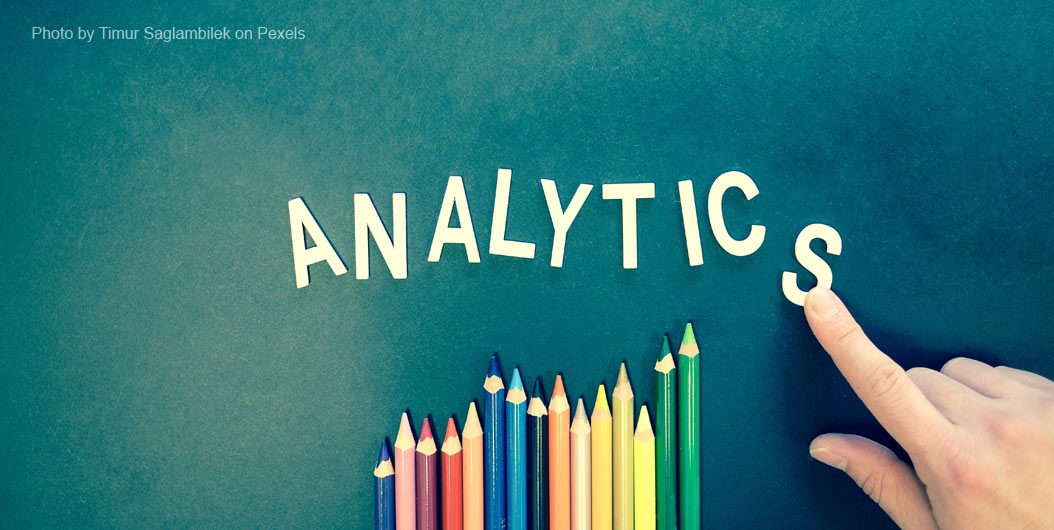How to Adapt Your Digital Marketing Strategy to Post-Pandemic Consumer Needs
Shortly after the onset of the pandemic, marketers across the world had to rethink their strategy and arm themselves with new marketing tools to reach customers in a very different environment. With many more people working from home, digital marketing became much more refined and played a larger part in the overall marketing strategy for many companies.
Now we are up against another change as many businesses are opening back up, and people are getting out of the house. Once again, marketers are faced with the challenge of adapting to these rapid changes and remaining successful at reaching consumers.
Before the pandemic, most individuals’ days were segmented, and there was a steady routing between Monday and Friday, with personal activities occurring in the evening and weekend. The pandemic blurred this as many companies found that remote work with greater flexibility could still be as productive (if not more) than traditional working arrangements. As a result, days became much more blended between work and personal tasks.
And while it may be tempting to think that with many businesses reopening, we can go back to a more traditional marketing strategy similar to what was used before COVID-19, that’s simply not the case. Even now, approximately two-thirds (63%) of consumers report spending more time on their computers than before the pandemic began. This data indicates that digital marketing strategies will continue to be integral in reaching consumers even in a post-pandemic market.
In addition to this general trend, we are seeing a few other themes emerge that will be crucial to marketers as they navigate the post-pandemic world.
Rather than dealing with the competition based solely on products or services, you have to compete to deliver a better customer experience.
Consumer expectations are higher than ever before. Many companies currently have multiple channels to support communications and interactions with customers. And in an economy that moves quickly, consumers can quickly get what they want. Many younger consumers may not even recall a time when they couldn’t use technology for incredibly personalized interactions. This digital transformation means you will have to prioritize the overall customer journey and continue incorporating greater levels of personalization in digital marketing materials.
Customer expectations are higher than ever.
While there is a strong focus on the customer experience or journey, you cannot overlook the need to deliver a great service or product.In the past, consumers often hoped that a company had what they wanted or needed. Today, they expect it. Online shopping has opened up a global market, which means consumers have many options, and if you don’t have what they are seeking, surely they can find it elsewhere. Meeting these expectations means that companies and their marketing teams need to rely on data to determine what the consumers. This data will be increasingly important as companies make decisions about their future products. Marketers will also need this data to determine how to communicate information with the intended audience.
Building relationships is more important than it has been in the past.
Companies and marketers have long known the importance of establishing relationships with customers. By establishing trust, companies can often retain customers longer. And while relationships have been important in the past, they mean everything in the post-pandemic market. To thrive in this economy, marketers must understand that they are no longer selling products or services; they are selling solutions that overcome customer problems. And selling solutions is much more difficult and requires a higher degree of trust, which means transparency, availability, and the ability to deliver on promises consistently are vital.
Don’t get too comfortable.
This tip may seem obvious to the many marketers who have had to redefine their strategy repeatedly in a very short amount of time. The pace of change is more rapid than ever, so marketers will have to stay on their toes, which likely means incorporating new technologies, innovative approaches, and the latest consumer data and feedback. This job is not for those who like a set routine. Because you never know what the next day will bring and how you may have to adapt to thrive in a hyper-competitive market. This level of marketing agility is not likely to change. So modern digital marketers must be ready to make quick decisions and adapt to the evolving circumstances using a creative approach.
Digital marketing in the post-pandemic world is complex, and it’s likely to stay that way. To learn more about successfully incorporating digital marketing strategies that work in a post-pandemic environment, contact the team at eGlobal Web Solutions.
eGlobal Web Solutions specializes in marketing your business via the digital marketplace. We use search engine optimization, social and review promotion, and Email marketing for all types of businesses, from local to global. We utilize various digital marketing techniques to increase your internet presence, optimize your traffic and generate new business.
 760.530.6207
760.530.6207 info@elocalsolutions.com
info@elocalsolutions.com
